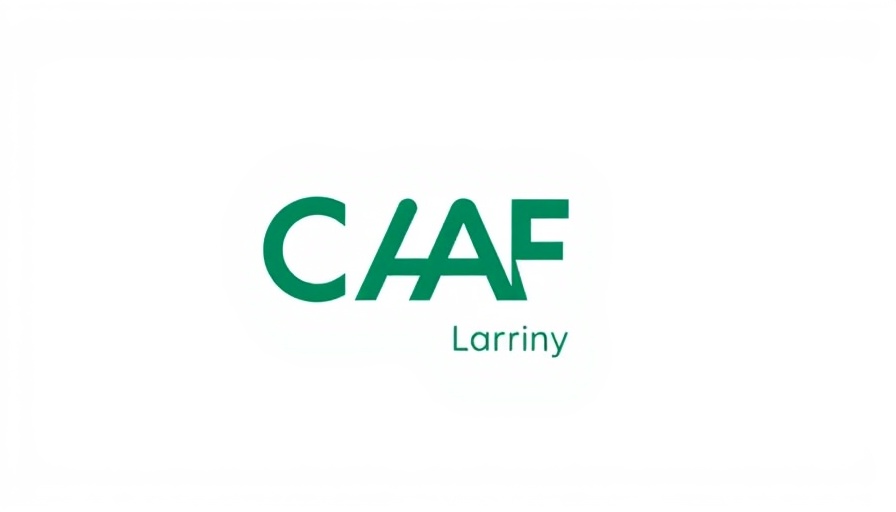
Understanding CAF’s Historic Investment
The recent announcement by CAF, the development bank of Latin America and the Caribbean, to invest USD 1.086 billion marks a pivotal moment in sustainable development across the region. This comprehensive funding will target critical infrastructure projects in Brazil, Colombia, Uruguay, and Chile, reinforcing the bank's enduring commitment to climate resilience and modernization. With these funds, CAF hopes to address pressing challenges, including water security and transportation efficiency, while also accelerating eco-friendly initiatives.
Transformative Projects for a Sustainable Future
One of the most promising aspects of this investment is the diverse range of projects it supports. For instance, the USD 300 million allocated to reviving the Colombian railway system symbolizes a significant shift towards sustainable transport solutions. This reactivation not only aims to improve mobility but also seeks to electrify public transport, thereby reducing logistics costs and cutting down carbon emissions significantly.
In Uruguay, the planned construction of the Casupá Dam represents another key project. This initiative, backed by USD 130 million, is designed to ensure a steady drinking water supply for the Montevideo Metropolitan Area until 2045. Given that 60% of Uruguayans will benefit from this infrastructure, it underscores the importance of investing in basic services to enhance quality of life and resilience against climate variances.
Urban Development and Climate Resilience Initiatives
In Brazil, the Urban Infrastructure and Development Program in Cabo de Santo Agostinho is set to receive USD 96 million, with the objective of improving urban mobility and sanitation. This project will not only uplift the local community, benefiting over 200,000 residents but will also implement climate resilience measures crucial for adapting to changing environmental conditions. Similarly, initiatives in Chile will allocate USD 100 million to strengthen small and medium enterprises (SMEs) and promote green projects, focusing particularly on women-led businesses.
The Bigger Picture: Global Implications
These substantial investments reflect a broader trend in sustainable infrastructure development seen not only in Latin America but worldwide. Countries are increasingly recognizing the need for sustainable solutions to combat climate change. A recent report emphasizes that many countries in Latin America are still far from mainstreaming sustainable infrastructure investments. This highlights an urgent need for nations to mobilize resources wisely, ensuring compliance with social and environmental standards that align with the United Nations’ Sustainable Development Goals (SDGs).
Conclusion and Call to Action
As we witness CAF's bold investments taking shape, it serves as a call to action for governments, businesses, and individuals alike in Latin America and beyond. With such an emphasis on sustainable practices, now is the time for all stakeholders to engage actively in these projects, fostering a collaborative environment that can lead to more sustainable outcomes and improved living conditions across the region.
 Add Row
Add Row  Add
Add 




Write A Comment